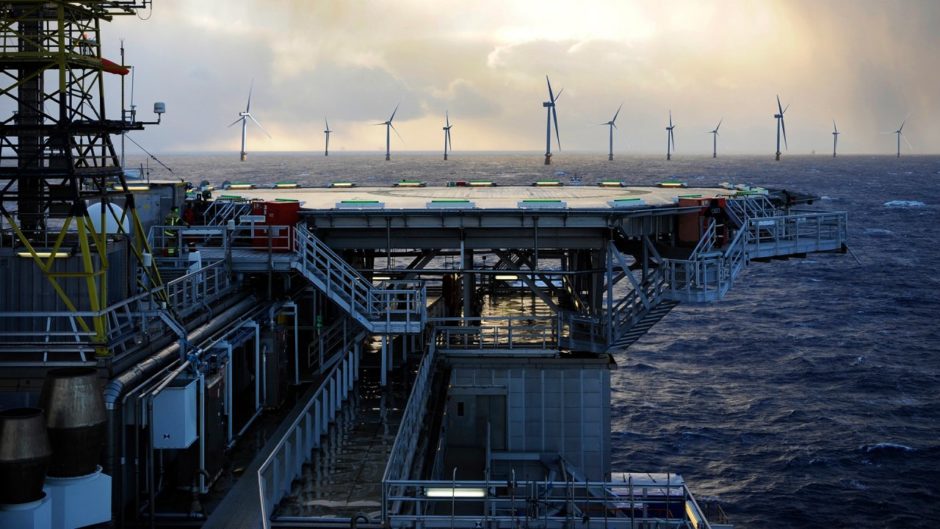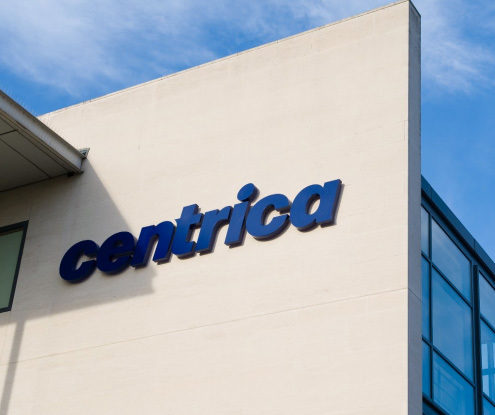
European oil and gas majors are expected to make “targeted acquisitions” over the next few years in order to gain further footholds in the renewables market, according to a new study.
Research from credit rating agency Moody’s Investors Service claims that likely rises in investment budgets in the future will lead to more companies furthering and scaling up their green ambitions.
However, low equity valuations and the risk of taking on nuclear and coal power assets means that the chances of Europe’s oil majors acquiring any of the “leading” utility companies are slim.
Instead, Moody’s has predicted companies will form partnerships as a means to develop large-scale renewables assets.
There have been a number of examples of oil and gas majors branching out in recent years, including Equinor and Total’s respective involvement in the Dogger Bank and Seagreen offshore wind developments.
Moody’s said that the expansion of Europe’s oil and gas majors into renewables will “improve their chances” of keeping hold of social licenses, amid growing pressure from investors and the wider public to accelerate the move away from hydrocarbons.
It’s thought this will allow operators to continue to explore and produce for “years to come” while also funneling capital expenditure into “low carbon activities”.
However, Moody’s doesn’t think such investment will generate “significant” cash flow over the next five years and for many companies it could leave them on a weaker financial footing until developments become operational.
Earlier this year, both BP and Shell announced historic cuts to their dividends, not only to mitigate the economic impacts of Covid-19 but also to raise capital for low carbon investment.
Benjamin Leyre, vice-president, senior credit officer at Moody’s, said: “O&G companies have mostly built their existing presence in the utilities space through new developments, often in partnership with utilities, complemented by acquisitions.
“With investment budgets set to rise materially over the next few years, we anticipate further targeted acquisitions by O&G companies to support their ambition to further establish renewable power operations and to scale them up.
“The strong credit quality of the European oil majors, with some ratings in the Aa and A category and very high liquidity (Shell, Total and BP, for example, each have available liquidity of $40 billion or more) would enable them to make large acquisitions.
“However, we believe that it is unlikely that any of the European oil majors will acquire one of Europe’s leading utility companies. The current coronavirus-driven economic downturn will hit the earnings and cash flow of the oil majors materially and has substantially reduced their equity valuations.
“This would make a large scale acquisition, most likely through a debt/equity mix, less attractive. Also oil majors do not want to assume the long-tail risks most European utilities carry with their nuclear and coal power assets.”
On the impact that renewables investments could have on oil and gas major’s social licenses, Mr Leyre said: “The expansion of the European oil majors into renewable power generation and in some cases also power wholesale and retail is inevitable, as the global energy market moves towards renewable energy sources and away from oil and gas. European integrated O&G companies also face growing pressures from investors and regulators to accelerate their transition as the focus on ESG factors increases.
“In order to keep their social license to continue to produce oil and gas – even with declining volumes – for many years to come they need to make tangible progress towards decarbonising their product mix.
“As maintaining the status quo is no longer an option, at least for the European oil majors, establishing a scalable renewable power generation business, accompanied by operations along the power value chain, is likely to provide the best growth opportunities in the longer term”
Register for free to join Energy Voice’s virtual Energy Transition Idea Exchange (ETIDEX) summit on November 19 here.

